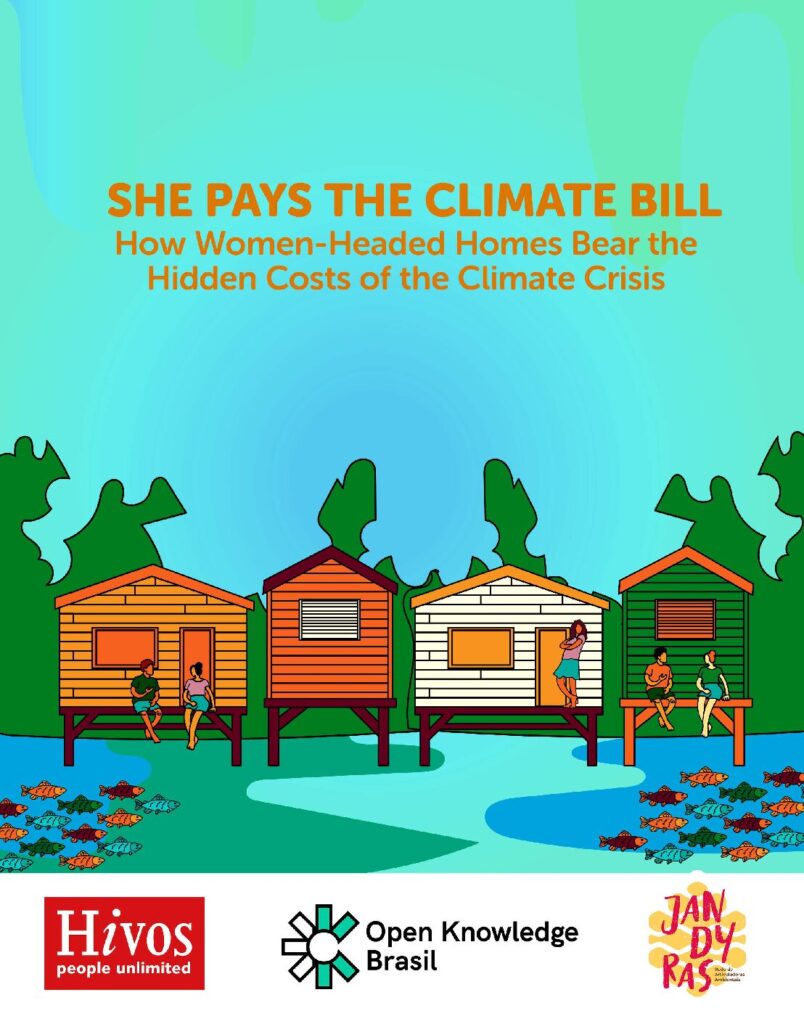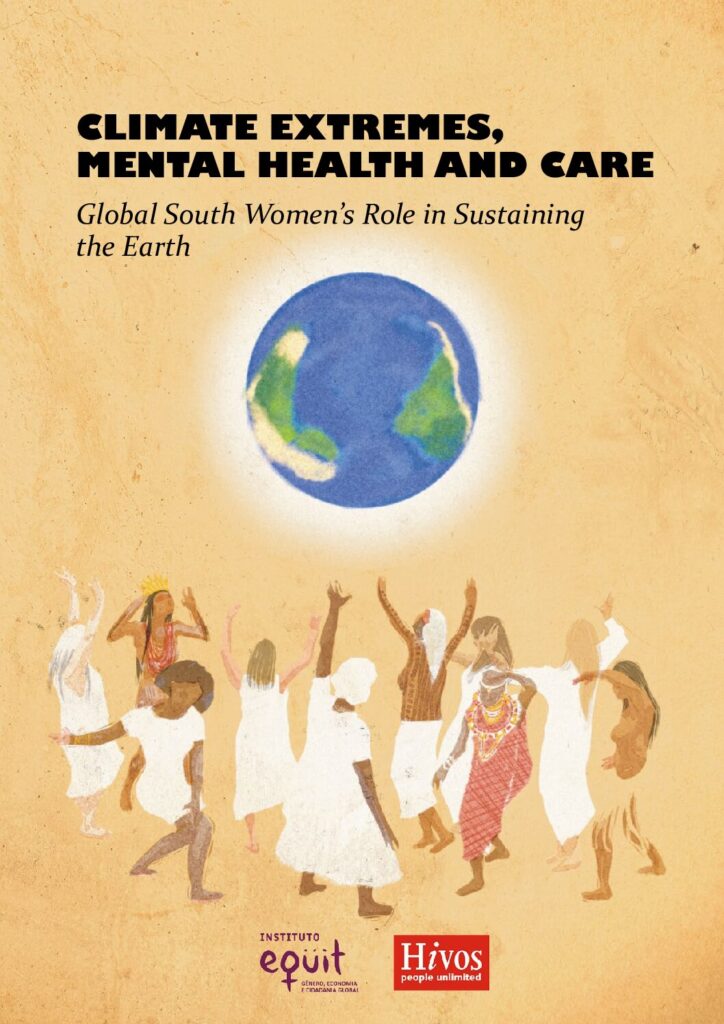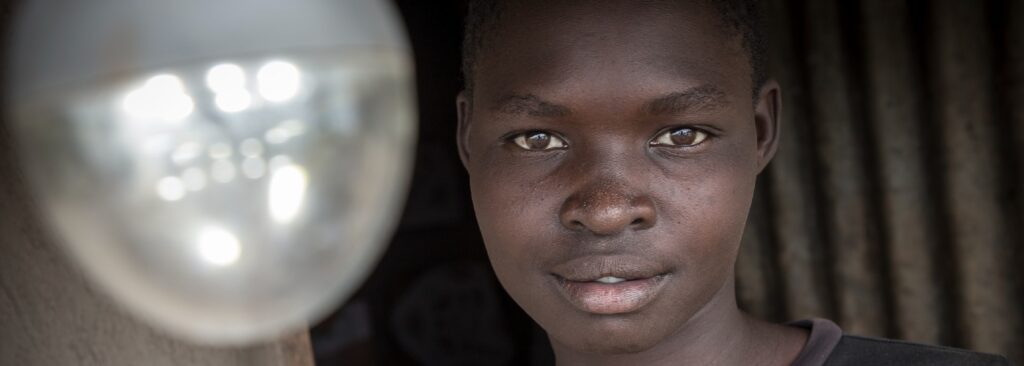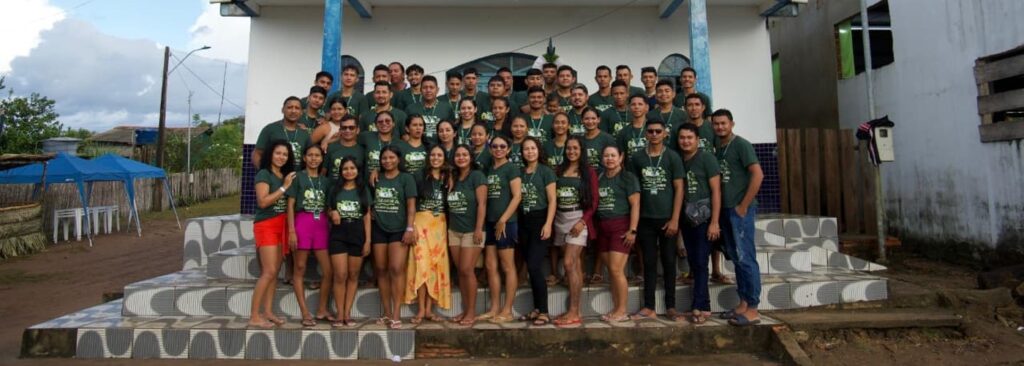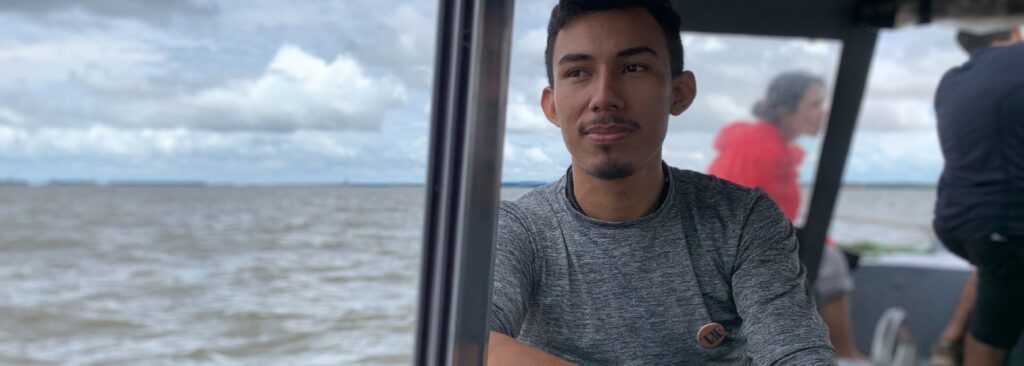Making COP30 a platform for women, girls, and Indigenous communities from the Global South
COP30 will take place in Belém, in the heart of the Brazilian Amazon, one of the most important and threatened ecosystems on the planet. This is not just another climate negotiation. It’s a historic opportunity to change the subject of debate from high-level pledges to the everyday realities, struggles, and leadership of the people who have long paid the price of climate inaction.
For Hivos, this COP is not about repeating the same story of power from the North. COP30 is about reclaiming the climate justice narrative; it’s about redistribution of power and resources and ensuring that those on the frontlines of climate change are shaping the solutions.
Women, girls, and Indigenous communities have always protected water, soil, forests, seeds, territories, cultural continuity, and care systems that hold life together. Yet they remain largely invisible in decision making spaces and are passed over by climate investments. At COP30, we want to confront that imbalance with evidence, stories, and political demands that center their voices and their intelligence.
This COP must deliver a clear message: climate transitions cannot be built from extractive logic, technocratic solutions, or elite-only conversations. We need responses designed with, financed for, and accountable to those who are defending the earth with local solutions.
What Hivos is bringing to COP30
We’ll be joining our partners and allies to amplify voices from the Global South and present important new research on the cost of climate injustice and the central role that women and care economies play in sustaining the planet.
-
Building on our research “Who Pays the Climate Bill?”, we will present new analysis on how households, especially women, Black and Indigenous communities, and people living in poverty, are absorbing the hidden financial and emotional burdens of climate inaction. The real cost of climate change is not abstract GDP curves. It is paid for in survival compromises inside homes, care work overload, hunger, debt, and unpaid labor.
-
Co-produced with Instituto Eqüit and featuring 23 women authors from eight countries of the Global South, the book Climate Extremes and Care: The Role of Women in the Global South in Sustaining the Earth contains lived knowledge and feminist political proposals around: macroeconomics, the climate emergency response, mental health, food security, decolonial financing, and the fight against environmental racism.


